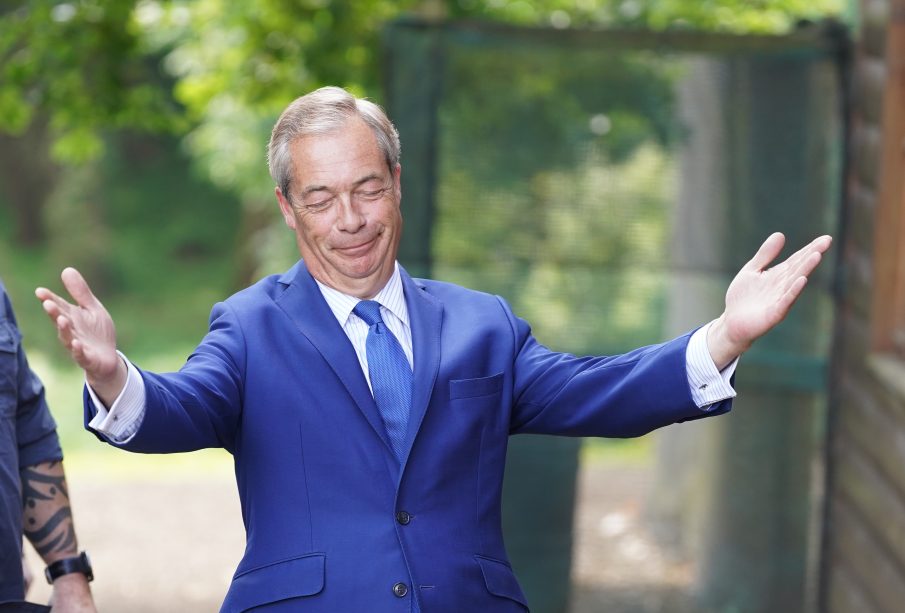The Political Journey of Nigel Farage: Recent Developments

Introduction
Nigel Farage, a prominent figure in British politics, has played a significant role in shaping the UK’s political landscape, especially regarding Brexit. His influence extends from being the leader of the UK Independence Party (UKIP) to co-founding the Brexit Party. Understanding his actions and statements is crucial for grasping the ongoing political dynamics and the future trajectory of UK politics.
Recent Developments
As of October 2023, Nigel Farage continues to stir controversy with his outspoken views against the current government and its policies. Recently, he has expressed strong criticism regarding the government’s handling of immigration, arguing that current policies fail to protect UK citizens and maintain law and order. This criticism resonates with a significant segment of the British population concerned about immigration issues.
In addition, Farage has been active on social media, using platforms like Twitter and Facebook to mobilise support. His posts often garner widespread attention, igniting discussions on national sovereignty and economic independence. Recently, he announced a series of public speeches across the country aimed at revitalising support for his anti-EU sentiments, particularly in light of concerns over the impending costs and regulations stemming from trade agreements post-Brexit.
Public Reception and Future Implications
Public reception to Farage’s rhetoric remains mixed. Supporters praise his commitment to British independence and his tenacity in addressing contentious issues. Opponents, however, are critical of his polarising stance and accused him of exploiting fears surrounding immigration and national identity for political gain. The political fallout from his statements contributes to continuous debates within both major political parties regarding their own positions on Brexit and immigration.
As the UK approaches the next general election, analysts speculate that Farage’s influence may yet again reshape the electoral landscape. Parties are considering strategies to counteract his narrative while appealing to disillusioned voters. His role remains a double-edged sword; while he rallies those who feel disenchanted with the establishment, he also intensifies divisions within an already fragmented political environment.
Conclusion
Nigel Farage’s journey in politics highlights significant themes of identity, sovereignty, and public sentiment in the UK. As debates surrounding Brexit and immigration continue to evolve, his activities will likely remain prominent on the national stage. For observers and participants in the political landscape of the UK, keeping track of Farage’s actions and the public’s reaction will be crucial in understanding the future direction of the country.









